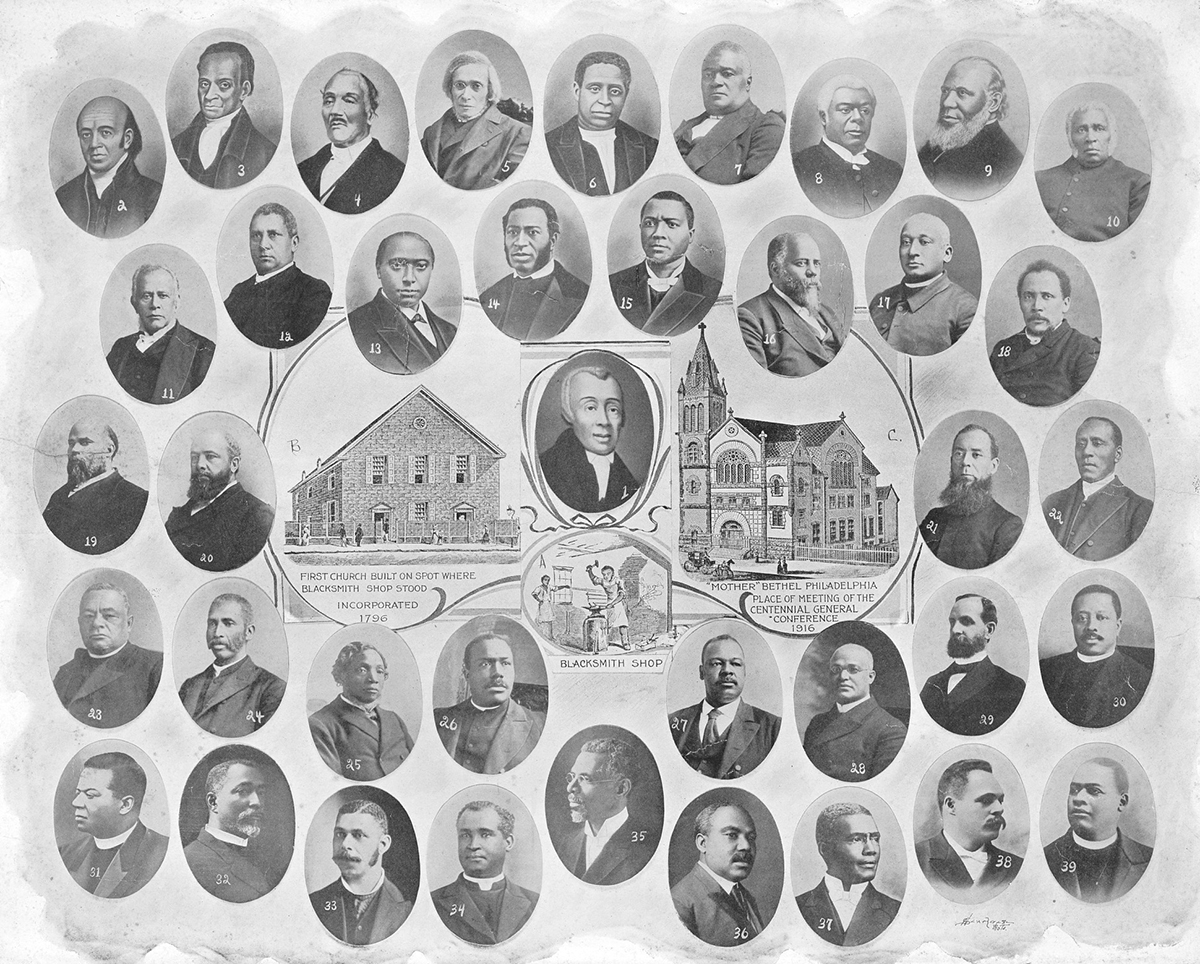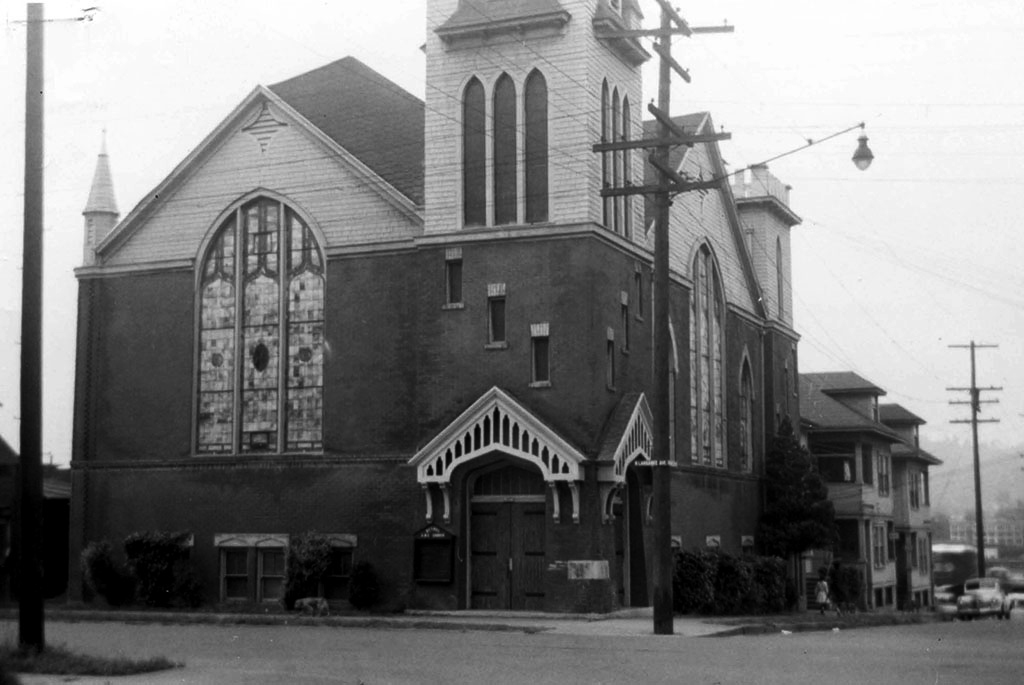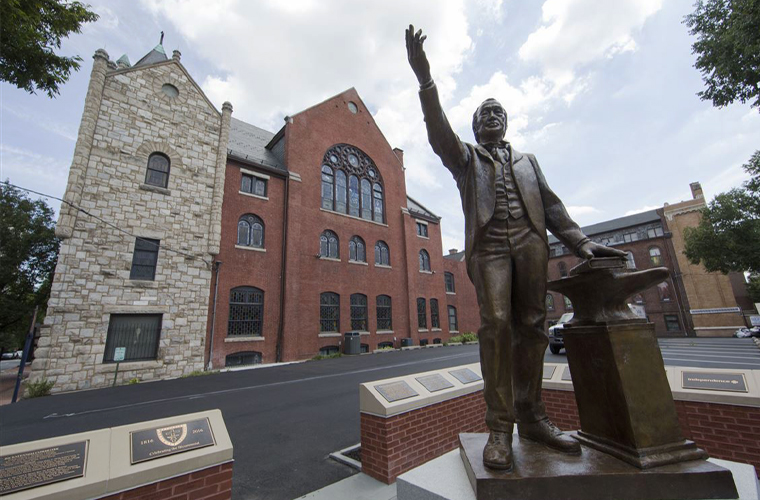Bethel African Methodist Episcopal (AME) Church is a historically significant African-American church with a long history of social activism and spiritual leadership. The church is part of the African Methodist Episcopal denomination, which is the oldest independent Protestant denomination founded by African Americans. The first Bethel AME Church was established in 1787 in Philadelphia, Pennsylvania, by Richard Allen, a former slave and prominent religious leader. The church played a crucial role in providing a place of worship and community for African Americans during a time when racial segregation was prevalent in many churches.
Bethel AME Church became a center for organizing and advocating for civil rights and social justice. Richard Allen and other church members were active in fighting against slavery and promoting education for African Americans. The church also provided a platform for prominent abolitionist speakers, such as Frederick Douglass.

Over time, the AME denomination expanded, and Bethel AME Churches were established in various cities across the United States. These churches continued to be influential in the civil rights movement and addressing social issues affecting African Americans. Bethel AME Church is known for its strong emphasis on community involvement and social outreach programs. The church’s mission extends beyond spiritual matters to address social, economic, and educational disparities. Many Bethel AME Churches actively engage in initiatives such as food drives, after-school programs, health clinics, and entrepreneurship training.

Today, Bethel AME Church remains a vibrant and active institution in many communities, providing spiritual guidance, community support, and advocating for social justice. The church continues to serve as a symbol of resilience, empowerment, and the ongoing fight against racial injustice in America.

